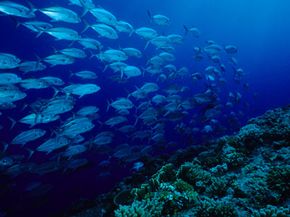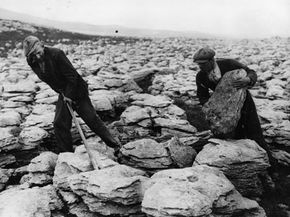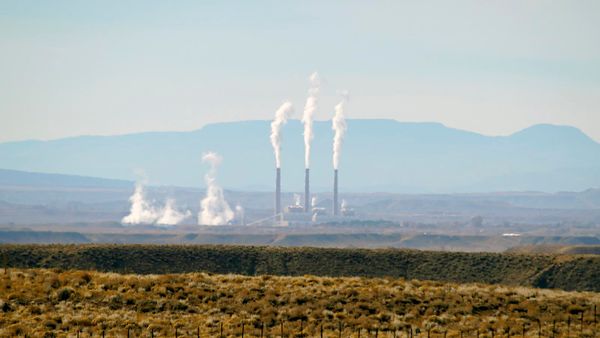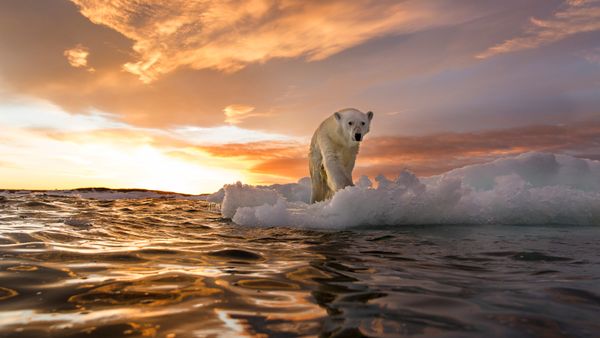Fossil-fuel consumption for energy -- coal, petroleum, natural gas -- is thought to be responsible for as much as 98 percent of the carbon dioxide (CO2) released into Earth's atmosphere [source: U.S. Environmental Protection Agency].
Fortunately, the planet is equipped with carbon sinks, areas that remove CO2 from the atmosphere, and sources where it's released back into the atmosphere. One of the planet's primary carbon sinks is its oceans, which every year soak up nearly 2.2 billion tons (2 billion metric tons) -- or one third -- of the CO2 produced by anthropogenic (human-caused) activity [source: Preuss]. The natural absorption cycle works like this: the seas absorb CO2, which is dissolved in the seawater. The presence of CO2 in the water advances the weathering of rocks and the dissolution of bottom sediments, which disperse calcium carbonate into the ocean as they dissolve. These minerals help to neutralize ocean acidification.
Advertisement
Unfortunately, these natural sinks aren't equipped to handle the high levels of gases humans generate, and when oceans absorb a large amount of CO2, the gas changes the chemistry of the seawater so that the natural weathering of rocks can't balance acidification. The consequence is seen as a change in the pH levels -- acidity and alkalinity (or base) -- in ocean surface water. Why is this a problem? First we need to understand a little about pH. The pH scale measures acidity at a range of 0 to 14: Levels below 7 are considered acidic while those above 7 are alkaline. Oceans aren't naturally acidic; they're normally slightly alkaline, about 8.06 on the pH scale. However, since the industrial revolution, the acidity of our oceans has risen by 30 percent -- by 2100, the pH of the oceans is estimated to dip as low as 7.76-7.86 [source: Hardt and Safina]. When scientists talk about numbers as low as 8, they're talking about a marine ecosystem that is at risk -- fish, crustaceans, mollusks and coral reefs (to name a few) will have trouble adapting to acidic waters [source: Dale].
To counteract the overwhelmed oceans, scientists are proposing adding lime to seawater to boost the sink's efficiency.
Advertisement



